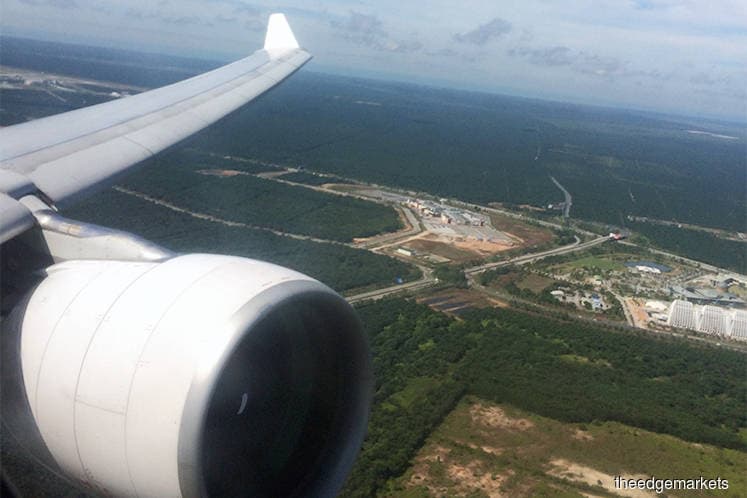
KUALA LUMPUR (Nov 1): The Airports Council International (ACI) Asia-Pacific is calling for the aeronautical charges regulatory framework review to be finalised as soon as possible.
Calling it a matter of urgency, the industry body said finalising the framework — which sets passenger service charges, landing fees and aircraft parking fees — will offer a stable perspective to the airport operator, which will incur significant infrastructure investments in the years to come.
In a statement, ACI Asia Pacific's regional director Patti Chau said regulatory interventions should be proportionate to the needs of all relevant shareholders.
"As the industry body representing the region's airports, we advocate for the airport operator's interests to be duly recognised. What is needed is a stable, consistent and proportionate economic oversight framework which facilitates timely investment in airport capacity," he said.
Lauding the Malaysian Aviation Commission (Mavcom), ACI Asia-Pacific said it hoped the model will provide sufficient incentives in infrastructure investments that dovetail with the government's goals, especially in view of the critical risk of capital investment from the government to the airport operator.
"In response to earlier consultations with Mavcom, ACI Asia-Pacific stressed the importance of including some critical features in tailoring the new regulatory framework to the needs of the country, the aviation stakeholders and the communities they serve.
"In particular, the competitiveness of airports should be measured not only in terms of level of charges, but also in terms of quality of customer service," it said.
The industry body added that any charging scheme should ensure recovery of all costs at the airport network level and also provide for long-term economic sustainability within the network.
"Lastly, after nurturing a culture of dialogue and transparency between the parties involved, a gradual transition to a dual-till system should be contemplated from the second regulatory period," it said.